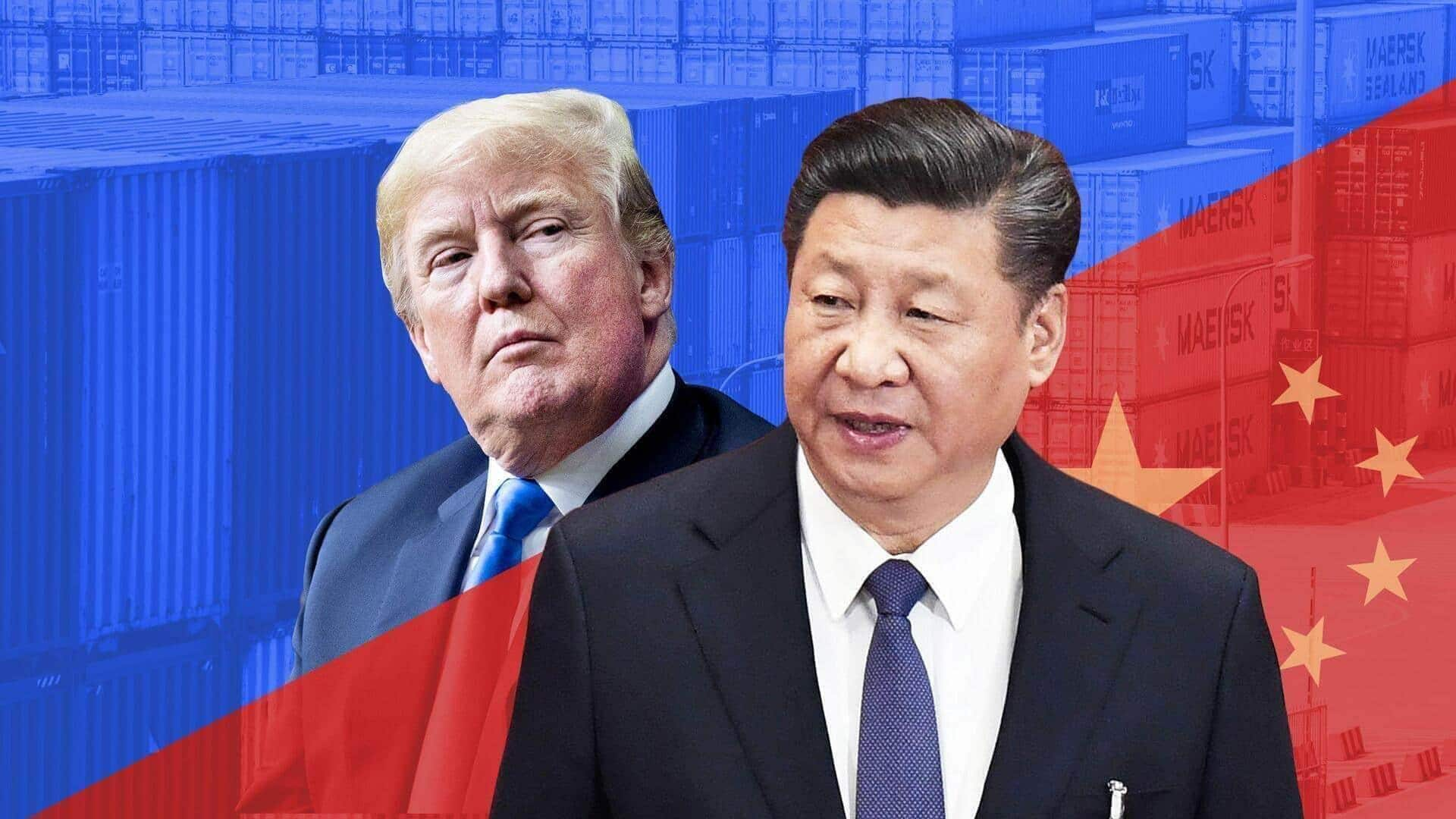
Trade war de-escalation: US and China agree to cut tariffs
What's the story
The United States and China have agreed to a temporary truce in their ongoing trade war, with both nations cutting tariffs by 115%. As part of the deal, the US will slash tariffs on most Chinese goods from 145% to 30% for 90 days. Meanwhile, China will reduce its levies on American imports from 125% to 10%. The mutual agreement is aimed at providing relief for exporters and stabilizing global markets as both nations engage in further negotiations.
Economic relations
US Treasury Secretary emphasizes on economic ties
US Treasury Secretary Scott Bessent stressed that neither the US nor China wants an economic decoupling. He said both countries have made important strides to ease tensions. US President Donald Trump wants to cut down the trade deficit with China, which hit a record $263 billion last year. As part of trade truce, China also reiterated its commitment to stable Sino-US relations while noting that threats are not the right approach to dealing with the country.
Market response
Stock markets react positively to Geneva breakthrough
The stock markets responded positively to the news of the trade truce, with S&P 500 futures gaining between 1.1% and 1.4%. Nasdaq futures rose by 1.4% to 1.9% in early trading, reflecting investor optimism over the potential thaw in relations between the world's two largest economies. However, these gains were lower than some earlier predictions which had speculated increases within the more aggressive range of 2.5% to 3.1%.
Negotiation outcome
Geneva talks yield substantial progress
The Geneva talks, attended by US Treasury Secretary Scott Bessent, US Trade Representative Jamieson Greer, and Chinese Vice Premier He Lifeng, ended with both sides calling it "substantial progress." Although neither side confirmed a final deal, the reported tariff cuts show both sides have moved significantly toward de-escalation. The White House is likely to give more details through a joint statement later today.